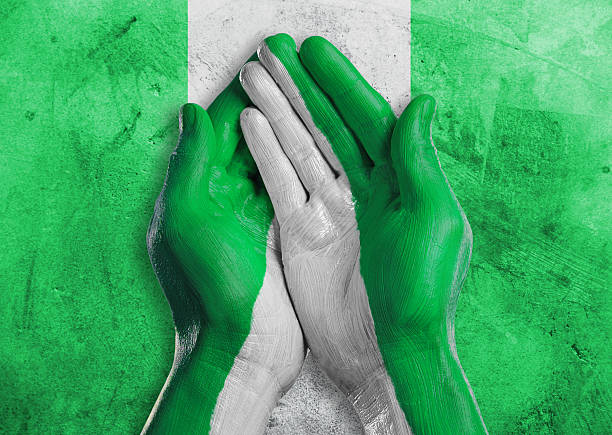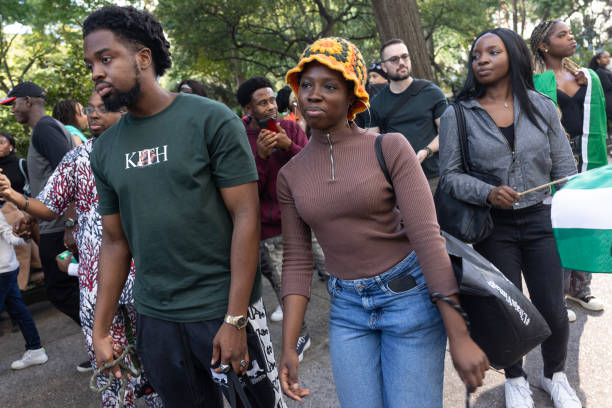Nigerian languages have always been a rich part of the country’s cultural identity. From Yoruba and Igbo to Hausa and countless others, these tongues carry stories, values, and traditions that bind communities together. But what happens when Nigerians move abroad? How do these languages survive outside the country, and why does it matter?
Across the globe, Nigerian communities are growing strong — from London and New York to Dubai and Johannesburg. With them, they carry not just luggage but also their native languages. In homes, markets, churches, and cultural gatherings abroad, Nigerian languages are still spoken. This keeps the spirit of home alive and passes on heritage to the next generation.
Yet, the survival of Nigerian languages overseas faces challenges. Children born abroad often find themselves caught between two worlds: their parents’ native tongue and the dominant language of their new country. English or French usually takes centre stage at school and in social settings. Over time, this can weaken the use of Nigerian languages.
Still, efforts to keep these languages alive are impressive. Community groups organise language classes and cultural festivals. Churches conduct services in local languages. Social media platforms help young Nigerians connect with their roots, sharing stories and learning their mother tongue in fun, digital ways.
The survival of Nigerian languages outside the country is more than just about communication. It’s about identity, pride, and unity. When people hold onto their language, they preserve a vital part of who they are and where they come from. For Nigeria, a country with over 500 languages, this is priceless.
Governments, both in Nigeria and abroad, should support initiatives that encourage language preservation. Schools offering Nigerian language classes and media content in local tongues can make a huge difference. After all, a language lost is a culture dimmed.
Nigerian languages will continue to thrive outside the country — not by accident, but through the determination of Nigerians who refuse to let their heritage fade away. As the world gets smaller, let’s celebrate the beauty of these languages and the people who keep them alive, wherever they are.




